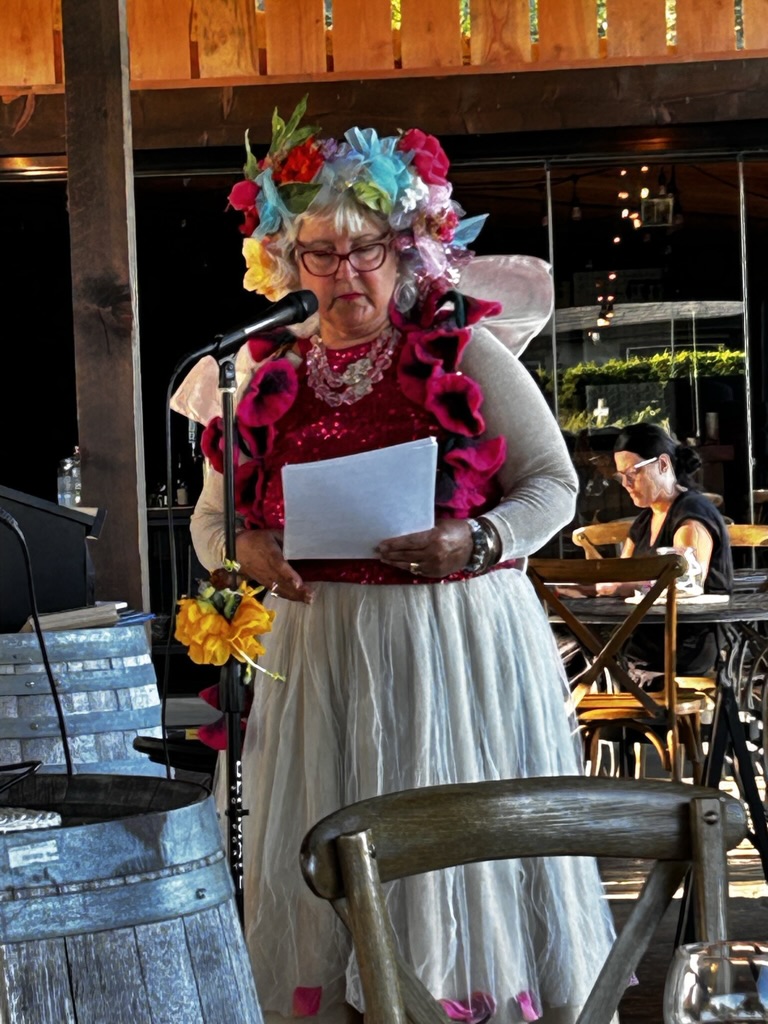I am working my way through the Medical Intuition Course authored by Caroline Myss and Norm Shealy. It’s interesting that I’m finding the time to complete it during a time of year that can elicit both brilliant joyful emotions along with great dark shadowy feelings. My previous blog post was headlined with the following: At this time of year, light and darkness ignite an appreciation for beauty and contrast. Maybe this is the best time to look at the dark side of feelings. This blog will look at anxiety.
During the Medical Intuition Course, ** Dr. Norm Shealy, points out that he believes that the biggest obstacles in our ability to heal are our feelings of anger, guilt, depression and anxiety. All of these feelings interrelate. In particular depression and anxiety seem to go hand in hand, feeding off and reinforcing each other.


In our family, anxiety has a long history. I think that biology plays a major role. In addition, it maybe is rooted back in the trauma of being newcomers or in my mother-in-law’s case the trauma of learning to cope with the buzz bombs of World War II in London, England. It could also be due to the pass down of social role modelling and reinforcement of familial parenting strategies. Anxiety manifests in a variety of unique ways for different family members. A common element for all my family members is that they are highly sensitive and intuitive people. Most of our anxious family members don’t care for change.
It could be argued faith is the remedy to anxiety. Anxiety is rooted in fear, insecurity and trepidation while faith, on the other hand, links to hope, optimism and confidence. It isn’t just basic worry. It is a worry to the extreme that gets in the way of enjoying or functioning in life. It is gripping!
I had my first experience with extreme anxiety at the start of the pandemic. It was very scary for me. I’m grateful for the experience as it sensitized me to what some of my family members have gone through. Moreover, I realized that it can be so arresting that one can’t just shake it off quickly.
Parents, too often we dismiss anxiety with our children thinking they just need to toughen up. When our eldest son was 4 years old, we were heading into a very busy Costco. As we headed towards the store, he turned to me saying, “Mommy I don’t want to go in there it’s too busy. There are too many people. I can’t.” What did this sensitive mom say? “Come on Matt, we are going in. You’ll be fine. Let’s go.” We got to the carts, I tucked him in the child seat and off we shopped. Hmmm, I look back on that event wondering if I did the right thing. I was thinking I was teaching him to toughen up and build resilience. Did I? The situation certainly was a huge flag reinforcing what I already knew, that my little tyke was a highly sensitive, bright and articulate child. Parents, maybe we need to stop and listen to our kids when we are madly pursuing our own holiday agendas. An accommodating or modifying pivot might be in order?
Like the other shadow emotions discussed this week, anxiety is complex and can wreak havoc within the castles of our minds. In addition, it can feed a pressure cooker of pent-up negative emotions which can result in tantrums, bouts of depression and a myriad of other dysfunctional behaviour. The first step is in the identification of the behaviour.


The next step is to communicate those feelings, followed by a plan to reframe one’s thinking and adopt simple steps towards positive actions that will build confidence, courage and alleviate the fear. Anxiety is best navigated with the support and encouragement of others. Due to the neuroplasticity of our brains, in taking these baby steps new neuropathways will form. We experienced it as Mark participated in the Positive Intelligence a six-week program for developing mental fitness, developed by Stanford professor Shirzad Chamine. Guided by the PQ app and Coach Leslie Bell at StepByStepProgress.com. Mark highly recommends the program. He states that as he performed the exercises on a regular basis he could feel major shifts in his thinking and even thought that his brain was feeling different.
Holiday time can be a huge anxiety trigger for kids and adults. Instead of being angry that a family member doesn’t want to cooperate, consider listening and accommodating. The more we identify and share our experiences with anxiety, the more we can understand, support and take baby steps towards replacing our fears with optimism and confidence as we mindfully move forward.
In the interest of recognizing and supporting those struggling with fear and tension, I offer the following takeaway links.
Quick Take Away Links
- https://www.anxietycanada.com/articles/social-anxiety-self-help-strategies-for-the-holiday-season/
- https://www.verywellmind.com/coping-with-generalized-anxiety-disorder-during-the-holidays-4153496
- https://www.psychologytoday.com/us/blog/ending-addiction-good/202112/five-tips-reducing-anxiety-during-the-holidays
- https://www.psychologytoday.com/us/blog/liking-the-child-you-love/202112/say-these-two-words-overcome-your-anxiety
Great Tried and True Resources for Anxiety:
- https://youtu.be/-zdJ1ubvoXs
- https://www.positiveintelligence.com/resources/
- https://mcrolston.com/surrender-to-simplicity-sunshine-and-serenity/
** For anyone interested in the course:








[…] Can Preparing for the Holidays Be Made Easy? Cuddle and Read a Christmas Book Aloud! Prev Post […]